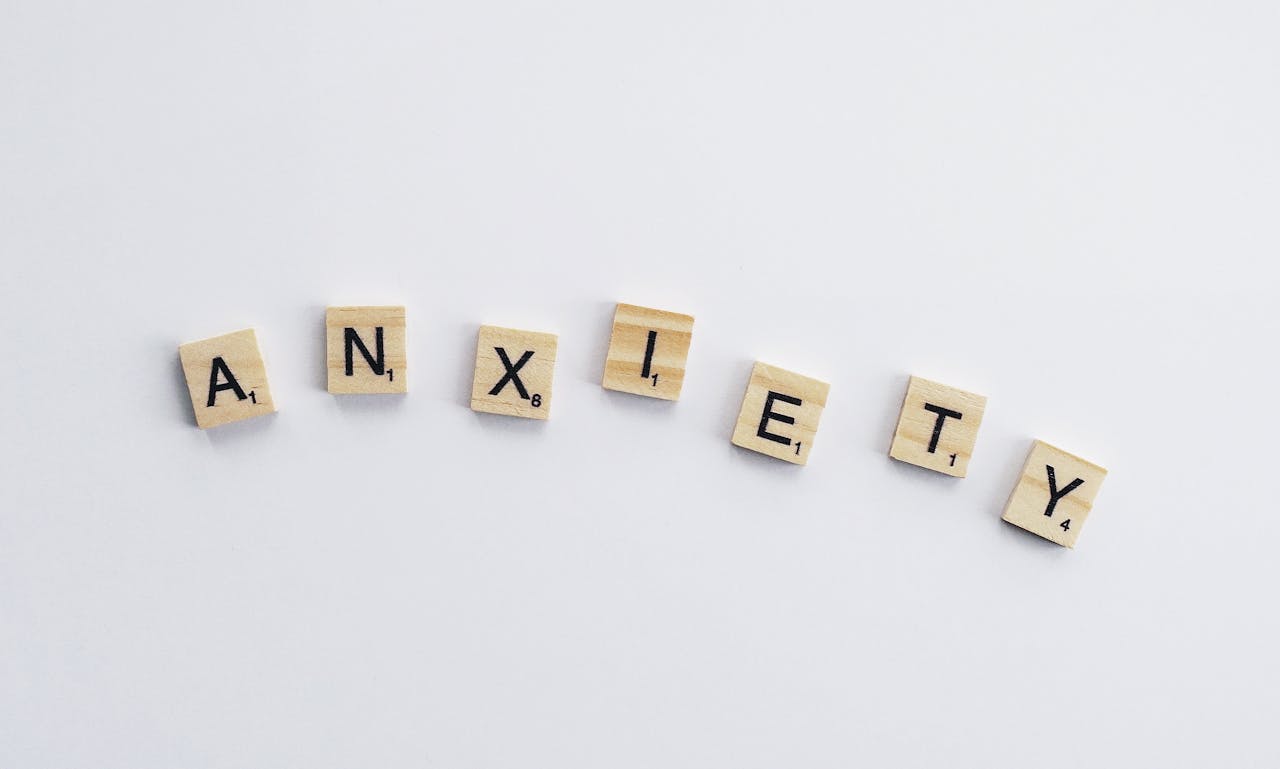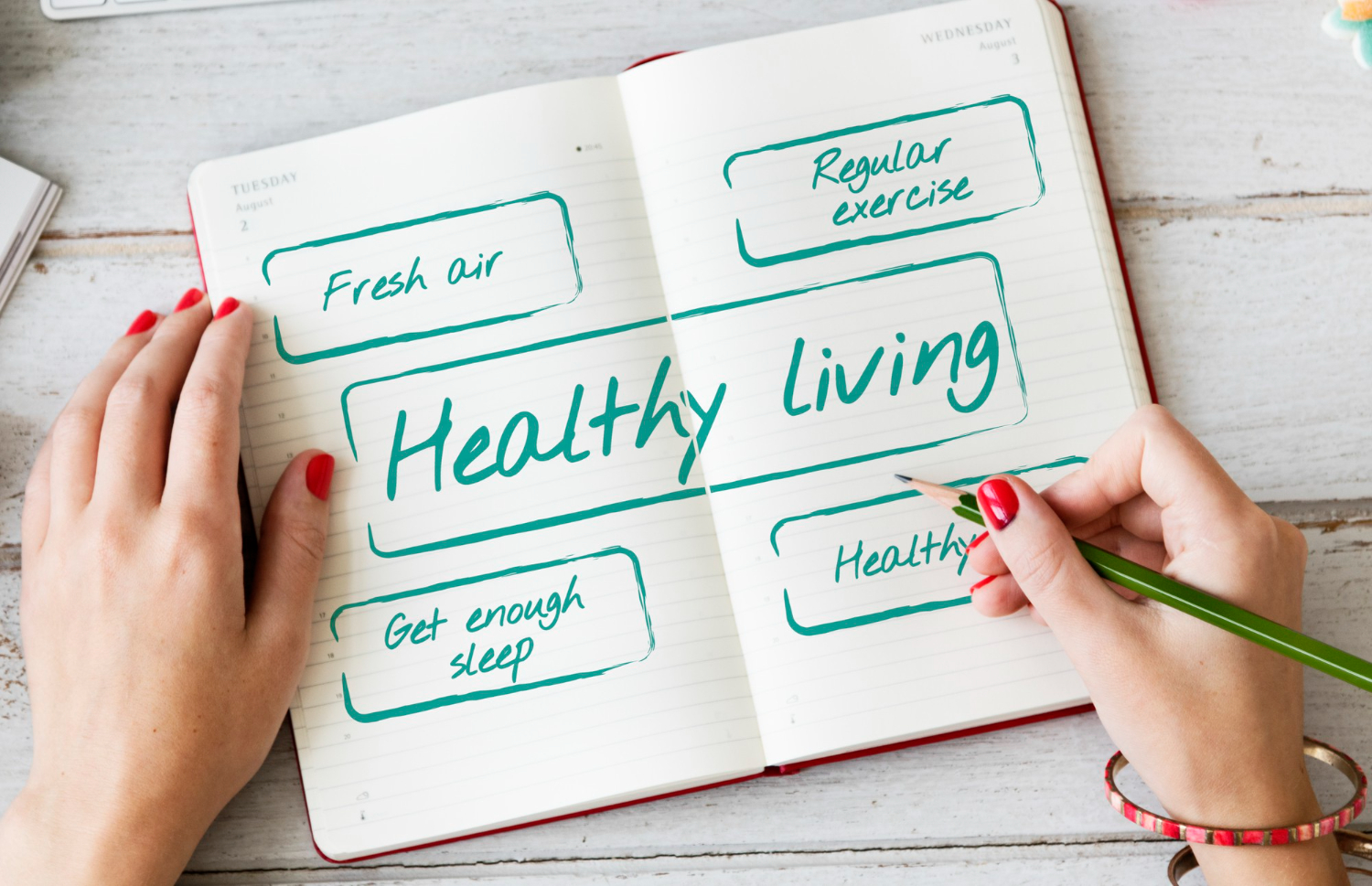Exploring How Loneliness Affects Mental Health

It is usual for individuals to go through periods of loneliness but with the increased amount of time that people now have to undergo self-isolation, questions of how loneliness can affect your mental health have become more prominent.
For most, it is normal to occasionally feel lonely. This may be the case if you are missing friends or family, or even if you have to work late on a Saturday night and feel like you are missing out. In these instances, it is quite easy to remedy the situation, by spending more time with people and planning activities, but loneliness can be dangerous to your mental and cognitive health if experienced for prolonged periods. It can affect your mental health in the way that it increases the risk of feelings of stress, anxiety, depression, low self-esteem and even problems sleeping. There are also physical health problems associated with loneliness such as increased inactivity, obesity, and a higher chance of substance abuse.
Causes of loneliness
Some situations can cause an increased feeling of loneliness. These are situations such as:
- A break-up
- Alienation caused by retirement
- Experiencing loss
- Self-isolation
- Moving countries or homes
- Being estranged from family members
- Experiencing discrimination
- Loss of a friend
Dealing with loneliness
There are no one-size-fits-all solutions for dealing with loneliness because of the varying root causes and needs of each individual. There are, however, a few suggestions that can be taken into account to improve your situation.
The first step is to address the negative feelings that may be causing you to draw into yourself. You need to be able to reach out to those you want to spend time with. If you do not know how to take the necessary steps to address the negative feelings you may consider consulting a life coach or a mental health practitioner to help co-create concrete steps you can start towards combating loneliness. You may even consider seeing a career coach see if your feelings of isolation are related to your current work situation. Finding a career path that compliments your personality and needs can go a long way in creating the right social balance for you.
Another practical piece of advice is to expand your social circle. Consider joining an online group or community that you can connect to. This may provide online interactions first but further down the line, it could translate into new acquaintances and friends. Consider volunteering for a company or an activity that you love. This can be a way of diversifying your friend group to meet your different social needs. The most important thing for your physical and mental health during periods of loneliness is to focus on self-care. Try spending some time outside, get enough sleep and eat healthily. Bad habits can accelerate your negative thoughts and feelings.
Loneliness is a normal feeling but remember to take care of yourself if you are feeling this way on a long-term basis. Your mental and physical health can suffer under these circumstances, so it is best to create change in your life before this happens. It is never too late to prioritize your health. Consider consulting a life or career coach and changing up your lifestyle if you feel like these measures could help to improve your mood and well being.
- September 2025
- August 2025
- July 2025
- June 2025
- May 2025
- April 2025
- March 2025
- February 2025
- January 2025
- December 2024
- November 2024
- October 2024
- September 2024
- August 2024
- July 2024
- June 2024
- May 2024
- December 2023
- November 2023
- August 2023
- July 2023
- June 2023
- May 2023
- April 2023
- March 2023
- February 2023
- January 2023
- December 2022
- November 2022
- October 2022
- September 2022
- August 2022
- July 2022
- June 2022
- May 2022
- April 2022
- March 2022
- February 2022
- January 2022
- December 2021
- November 2021
- October 2021
- September 2021
- August 2021
- July 2021
- June 2021
- May 2021
- April 2021
- March 2020
- February 2020
- January 2020
- December 2019
- November 2019
- October 2019
- September 2019
- August 2019
- July 2019
- June 2019
- May 2019
- April 2019
- March 2019
- February 2019
- January 2019
- December 2018
- November 2018
- October 2018
- September 2018
- August 2018
- July 2015
- May 2014






